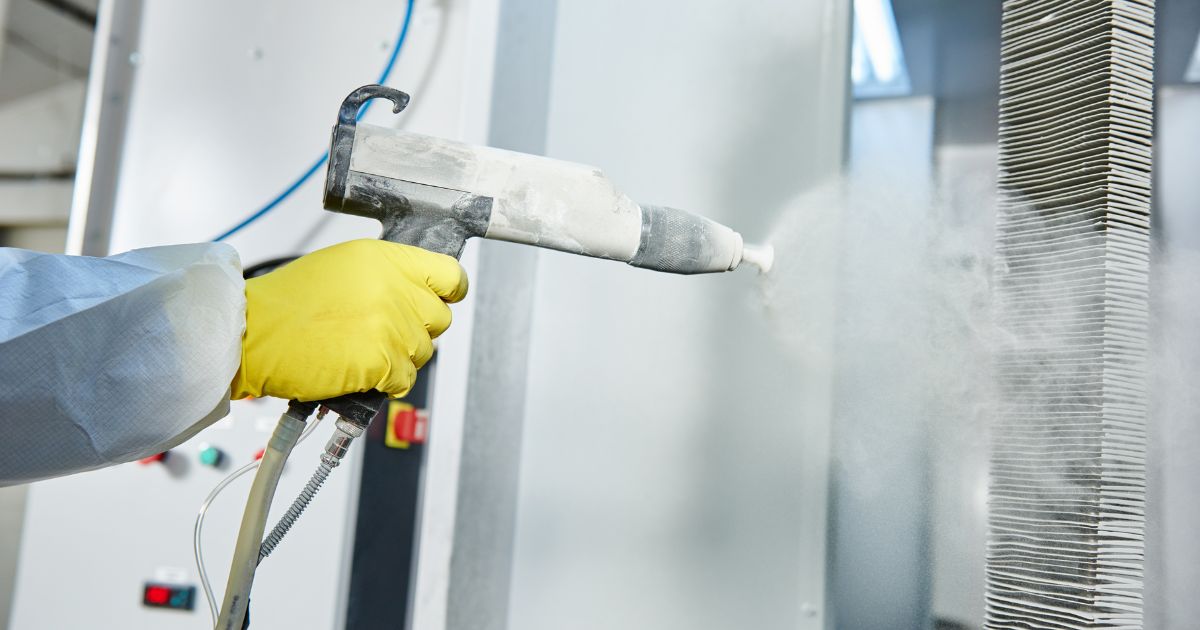Corrosion Resistant Metal Coatings: A Comparison of Different Types
Lightweight metals have emerged as the ideal choice for different types of industrial uses. For example, you will find a high demand for aluminum, copper, titanium, and more in developing automotive parts. At the same time, these metals have extensive use in space research and development purposes. But, it is not possible to use such … Read more

